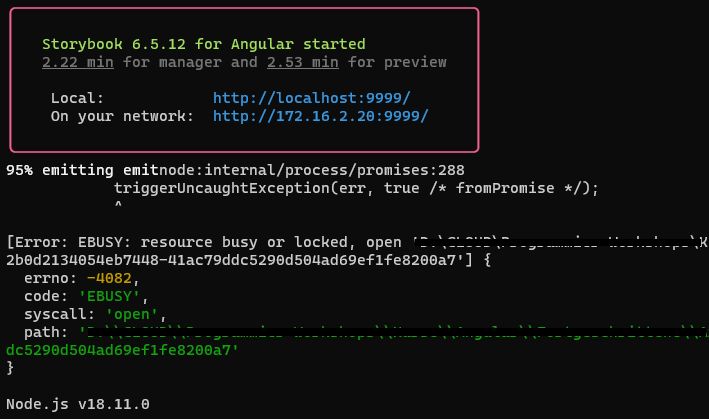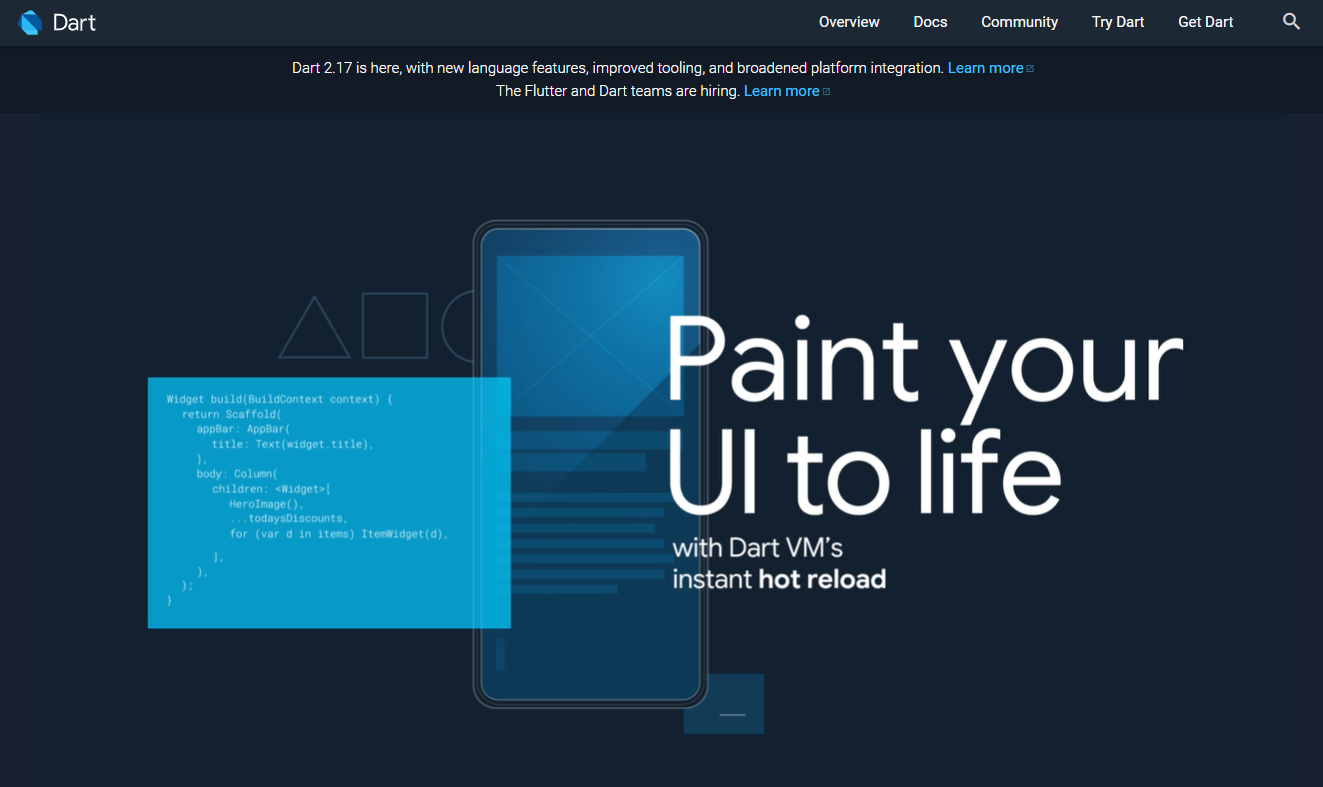Haskell | Getting Started
Readings
Haskell
- https://www.haskell.org/
- Wiki
- Learn You a Haskell for Great Good
- 15 Resources to Help You Learn Haskell in 2023
- 10 Reasons to use Haskell
- Real World Haskell
Glasgow Haskell Compiler
Tutorials
Applications
Games
Installation
- Read the Glasgow Haskell Compiler Homepage
- Install GHCup: Windows Binary is here
GHCup is the main installer for the general purpose language Haskell.
Or install manuell
- Download and Install Haskell here
choco install haskell-dev refreshenv
Installation on Windows and Powershell
Set-ExecutionPolicy Bypass -Scope Process -Force;[System.Net.ServicePointManager]::SecurityProtocol = [System.Net.ServicePointManager]::SecurityProtocol -bor 3072;Invoke-Command -ScriptBlock ([ScriptBlock]::Create((Invoke-WebRequest https://www.haskell.org/ghcup/sh/bootstrap-haskell.ps1 -UseBasicParsing))) -ArgumentList $true
First Steps
In order to run ghc and cabal, you need to adjust your PATH variable. To do so, you may want to run 'source /d/CLOUD/Programmier-Workshops/Kurse/Haskell/Programme/Haskell/ghcup/env' in your current terminal session as well as your shell configuration (e.g. ~/.bashrc).
Start a simple repl via: ghci Start a new haskell project in the current directory via: cabal init --interactive Install other GHC versions and tools via: ghcup list ghcup install <tool> <version> To install system libraries and update msys2/mingw64, open the "Mingw haskell shell" and the "Mingw package management docs" desktop shortcuts. If you are new to Haskell, check out https://www.haskell.org/ghcup/steps/
Configuration
Cabal configuration file is by default located at
<$ENV:USERPROFILE>\AppData\Roaming\cabal\config
Create your first project
Create a haskell project
cabal init cabal build cabal run
Configure VS Code with Haskell Support
Install required components
$ cabal install hlint
Configure VSCode
$ stack new vscode-haskell-config $ cd vscode-haskell-config $ stack setup
Install an additional source code formatter
$ stack install brittany







